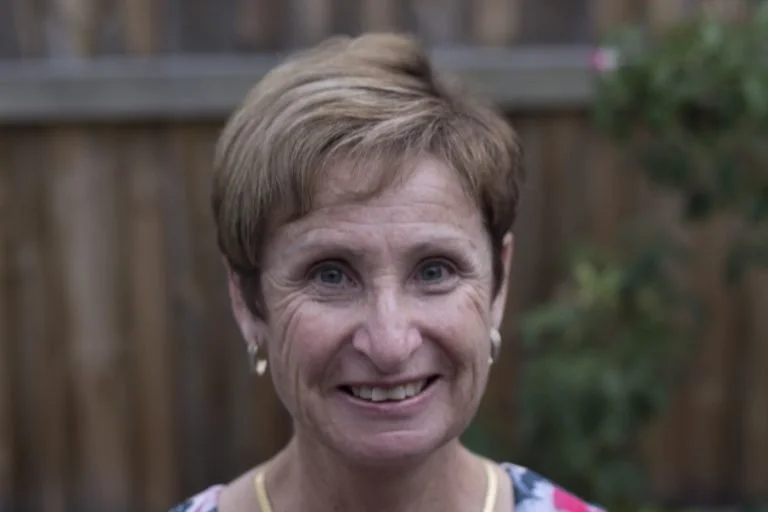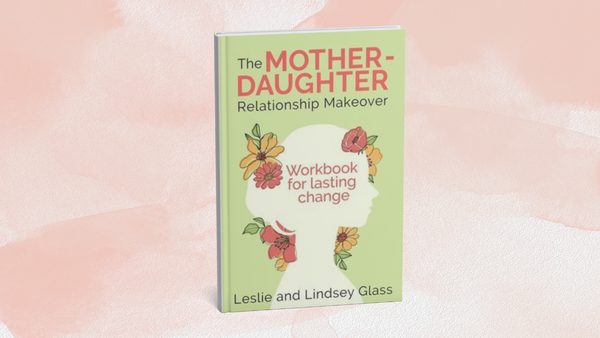
Welcome to Watersedge.
We are a collective of mental health professionals who are passionate about giving people a safe space to process pain and experience healing. For 27 years, we have supported the Geelong community, striving to embody kindness, respect, acceptance and understanding. With our team of skilled and empathetic therapists, we have helped more than 2000 clients to facilitate growth, wellness and to reach their potential.
Providing you with a safe space to relax
In person appointments take place in the comfort of our offices, each with a warm and inviting atmosphere, ensuring you feel safe, secure and at ease.
Available in person or remote
Find us at the Gatehouse, 117-119 Aphrasia Street. Located 500m from St Joseph's College, we are on the corner of Shannon Ave. Free parking is available on site, and on Aphrasia St. Can’t make it in person? Ask about remote counselling.
Services
-

Individual Therapy
Mental health counselling for adults, young adults and teens. -

Children's Therapy
Developing Emotional Intelligence and awareness through play. Parent training and consultation. -

Professional Coaching & Supervision
Fully accredited for workplaces and mental health professionals.
-

TRTP Trauma Therapy
Use of The Richards Trauma Process to resolve the impact of trauma, anxiety and depression through mindfulness.
-

Workshops
Workshops tailored to your community group, workplace or school.
-

Consultation
Providing consultation for individuals, leadership teams, teachers, wellbeing worker, Chaplains and other community leaders.
Meet our team
-

Duncan Morris
Social Worker, Coach, Mentor & Supervisor
BSW, MHSM, AMHSW, AASW -

Holly Peterson
Children’s Counsellor & Women’s Counsellor
Dip.Couns, ACA 1, CCAA -

Rachel Morris
Social Worker, Children’s Therapist & Community Development Worker
Dip.Min, BSW, PgC. TCP, MICD , AMHSW, AASW -

Colleen Morris
Counsellor, Family Therapist & Spiritual Director
B.Mus., B.Counselling, M. Social Science (Family Therapy)
AAFT Clinical, PACFA Clinical, Clinical Supervisor AAOS








